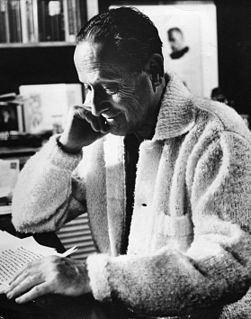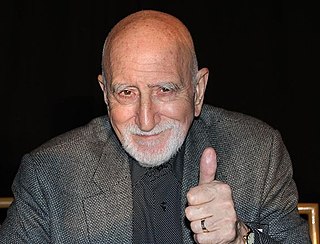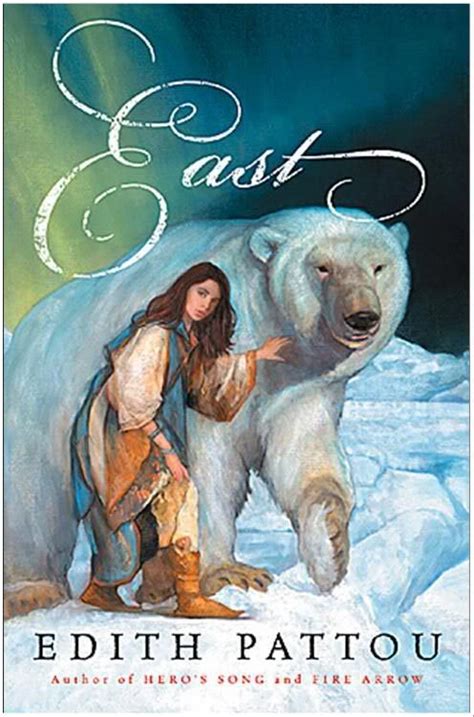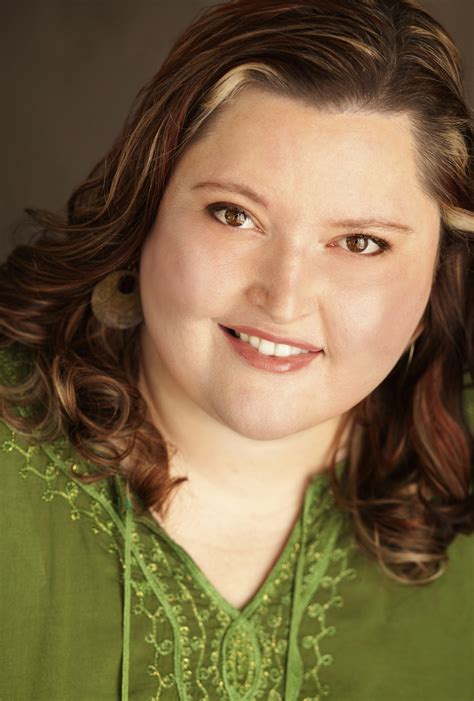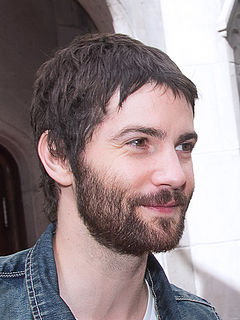A Quote by Thérèse of Lisieux
If a little flower could speak, it seems to me that it would tell us quite simply all that God has done for it, without hiding any of its gifts. It would not, under the pretext of humility, say that it was not pretty, or that it had not a sweet scent, that the sun had withered its petals,or the storm bruised its stem, if it knew that such were not the case.
Related Quotes
Then, without any warning, we both straightened up, turned towards each other, and began to kiss. After that, it is difficult for me to speak of what happened. Such things have little to do with words, so little, in fact, that it seems almost pointless to try to express them. If anything, I would say that we were falling into each other, that we were falling so fast and so far that nothing could catch us.
How little we have, I thought, between us and the waiting cold, the mystery, death--a strip of beach, a hill, a few walls of wood or stone, a little fire--and tomorrow's sun, rising and warming us, tomorrow's hope of peace and better weather . . . What if tomorrow vanished in the storm? What if time stood still? And yesterday--if once we lost our way, blundered in the storm--would we find yesterday again ahead of us, where we had thought tomorrow's sun would rise?
They sat quietly together for a few minutes, Joe holding Fiona's hand, Fiona sniffling. No flowery words, no platitudes passed between them. Joe would have done anything to ease her suffering, but he knew nothing he might do, or say, could. Her grief would run its course, like a fever, and release her when it was spent. He would not shush her or tell her it was God's will and that her da was better off. That was rubbish and they both knew it. When something hurt as bad as this, you had to let it hurt. There were no shortcuts.
East of the sun and west of the moon.' As unfathomable as the words were, I realized I must figure them out, reason it through. For I would go to this impossible land that lay east of the sun and west of the moon. From the moment the sleigh had vanished from sight and I could no longer hear the silver bells I knew that I would go after the stranger that had been the white bear to make right the terrible wrong I had done him.... All that mattered was to make things right. And I would do whatever it took, journey to wherever I must, to reach that goal.
Some of my unhappiest moments have been in organizations. Somehow it seems to be quite respectable to do things in organizations that you would never do in private life. I have had people insult me to my face in front of colleagues. I have had my feelings rammed down my throat on the pretext that it would do me good. I have been required to do things which I didn't agree with because the organization wished it... In my worst moments I have thought organizations were places designed to be run by sadists and staffed by masochists.
Once I started to get aligned with the God in me, something hit me hard: I learned that our worth, our validation, our purpose and our acceptance don't stem from what we should do. They don't stem from what we have. They don't stem from what we've done or who we were. They stem simply from the fact that we are.
To me that really would be the essence of kindness, to have one's awareness so developed and refined that you could tell just what was needed, and not do any more or any less, and maybe not even be aware of what you had done, except it would be a helpful thing because of how fully present you were. Well, as Aerosmith once famously said: Dream on.
When we blew the first atomic bomb at White Sands near the end of the war, nobody knew what was going to happen. There was a theory that the chain reaction would continue forever. And we would have created a little tiny sun out there in the desert that would burn until the end of the universe. It wasn't a widely held theory but it was a theory that nobody had a way of disproving. There were people who thought it wouldn't go off at all, that it would simply sit out there and melt and produce a great big dirty cloud of radioactivity. Nobody knew.
I want you to learn the lesson of the lotus. This flower springs forth from muddy waters. It raises its delicate petals to the sun and perfumes the world while, at the same time, its roots cling to the elemental muck, the very essence of the mortal experience. Without that soil, the flower would wither and die.
I had wondered for a long time why God had preferences and why all souls did not receive an equal amount of grace [...] Jesus saw fit to enlighten me about this mystery. He set the book of nature before me and I saw that all the flowers He has created are lovely. The splendor of the rose and whiteness of the lily do not rob the little violet of its scent nor the daisy of its simple charm. I realized that if every tiny flower wanted to be a rose, spring would lose its loveliness and there would be no wild flowers to make the meadows gay.
If beings knew, as I know, the results of sharing gifts, they would not enjoy their gifts without sharing them with others, nor would the taint of stinginess obsess the heart and stay there. even if it were their last and final bit of food, they would not enjoy its use without sharing it, if there were anyone to receive it
The Bagginses had lived in the neighbourhood of The Hill for time out of mind, and people considered them very respectable, not only because most of them were rich, but also because they never had any adventures or did anything unexpected: you could tell what a Baggins would say on any question without the bother of asking him.
Both Christian and Adrian had worried there would be some piece of Strigoi left in him, but their fears had been about violence and bloodshed. No one would have guessed this: that living as a Strigoi had hardened his heart, killing any chance of him loving anyone. Killing any chance of him loving me. And I was pretty sure that if that was the case, then part of me would die too.
[on River Phoenix] I would love to see what kind of choices he would be making now if he was still around, some of the characters that he would have played. I mean, to me he was like a rock star, you know, he had it all: he had the looks, he had a great name, he had an attitude, an energy, an excitement about him. He was instinctively like a, he was a rebel, you know? He was kind of Bob Dylan to me, at times, and he had a lot to say. And I've never seen too many interviews by him, but the ones that I saw were pretty electric, pretty... he was switched on, definitely.


